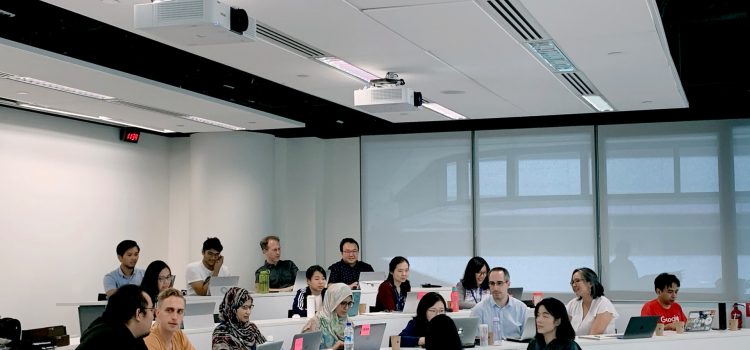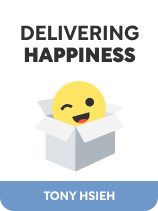

This article is an excerpt from the Shortform book guide to "Delivering Happiness" by Tony Hsieh. Shortform has the world's best summaries and analyses of books you should be reading.
Like this article? Sign up for a free trial here .
What is Zappos’s education pipeline system? How can it be used to encourage employees to continue their education within your company?
Being rewarded for hard work is always a satisfying feeling. The clothing retail store Zappos has an “education pipeline” system of training that rewards its workers during different phases of their employment, and it also benefits the company’s future.
Here’s how Zappos uses its education pipeline system and why you should implement this strategy in your company’s training.
Zappos Encourages Continuing Education
Zappos encourages continuing education through its “educational pipeline” system of training. Hsieh says Zappos’s pipeline operates on a merit badge system: People who fulfill certain training requirements earn promotions and pay raises. The first, basic elements of training are mandatory, but after those elements are completed, people can select which merit badges they want to earn and which skills to specialize in.
(Shortform note: This merit badge system works because it offers employees a choice in what to train in, and even minor choices engage intrinsic motivation. This theory of intrinsic motivation also operates in traditional education: College students who select their own courses turn in better work more consistently because they’re motivated to work harder. By applying these proven theories of educational motivation to its programs of continuing education, Zappos encourages its employees to find fulfillment and happiness in their training.)
The education pipeline starts with entry-level workers, Hsieh explains. Zappos prioritizes finding new talent because it knows its pipeline will give these individuals the experience and training they currently lack. Most companies without this focus on continuing education can’t trust their training to provide this experience, so they focus on hiring the most experienced individuals they can find.
Everyone starts at an entry-level position in the education pipeline, and Zappos consistently adds new employees to the pipeline. This results in a long train of hires, each one more trained and experienced than the last. As discussed, this means Zappos never struggles to fill a role when an employee leaves or is promoted, Hsieh says. Instead, there’s another employee ready to take the next step in their training and take over the missing employee’s role.
While adding employees to the pipeline at the entry-employee level is effective, Zappos plans to expand its education pipeline to reach college students as well. Hsieh believes that if you start building relationships with freshmen in college, you can offer them internships and determine if they’re a good fit to hire after graduation, thus making the transition to employee easier and the pipeline even more effective.
Diversifying Your Hiring Pipeline
Zappos’s interest in hiring entry-level employees and college students who may lack experience, rather than hiring candidates with set experience, highlights an important principle in modern hiring practices: hiring people with a diversity of (potentially unconventional) experience.
Many businesses hire within a very narrow range of experience—for example, they require employees to have experience with a specific computer program or to have worked for many years in a particular field. These companies likely wouldn’t hire entry-level and college-level workers as Hsieh suggests because they don’t want to invest in training new hires: They want hires to have the required experience now, and they see having this experience as essential to success in the role.
However, experts argue that focusing on potential is more important than focusing on specific qualities when hiring: They recommend taking a chance on hires who have experience that’s not traditionally associated with the role or have unconventional backgrounds, but have the potential to succeed within the education pipeline. This aligns with Hsieh’s argument to hire entry-level and college-level workers, who may lack specific skills in a certain field due to their lack of work experience but have great potential to develop and succeed.
Hiring employees with unconventional backgrounds means they can use their unconventional experience to bring a diversity of thinking to your team and solve problems in new and innovative ways. For example, if you hire a psychology major for an HR position, they can use their knowledge of psychology to solve interpersonal disputes and brainstorm ways to better engage employees.

———End of Preview———
Like what you just read? Read the rest of the world's best book summary and analysis of Tony Hsieh's "Delivering Happiness" at Shortform .
Here's what you'll find in our full Delivering Happiness summary :
- Former Zappos CEO Tony Hsieh's guide to workplace happiness
- The three principles that turned Zappos into a billion-dollar company in a decade
- An exploration of the psychology behind happiness and why it leads to success






